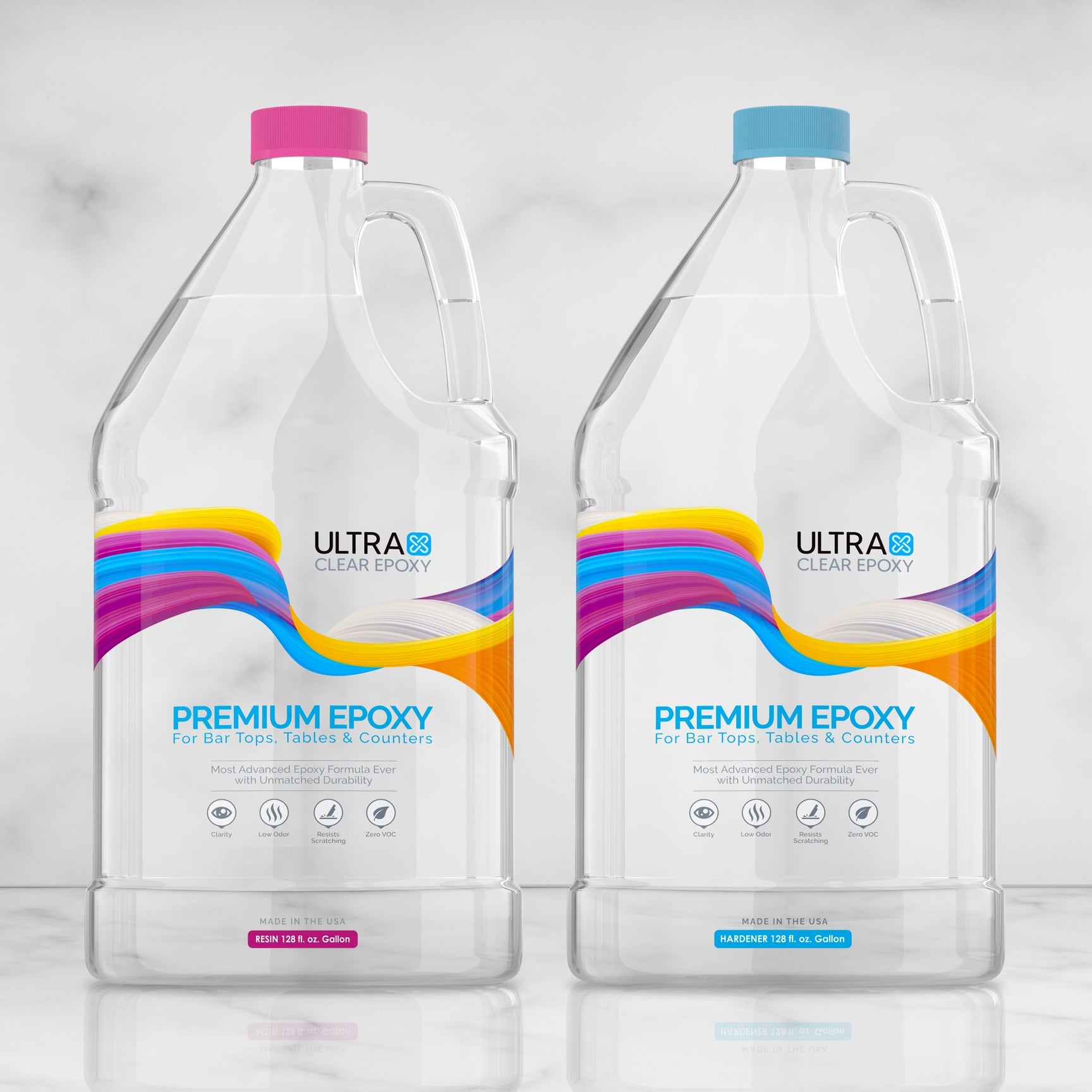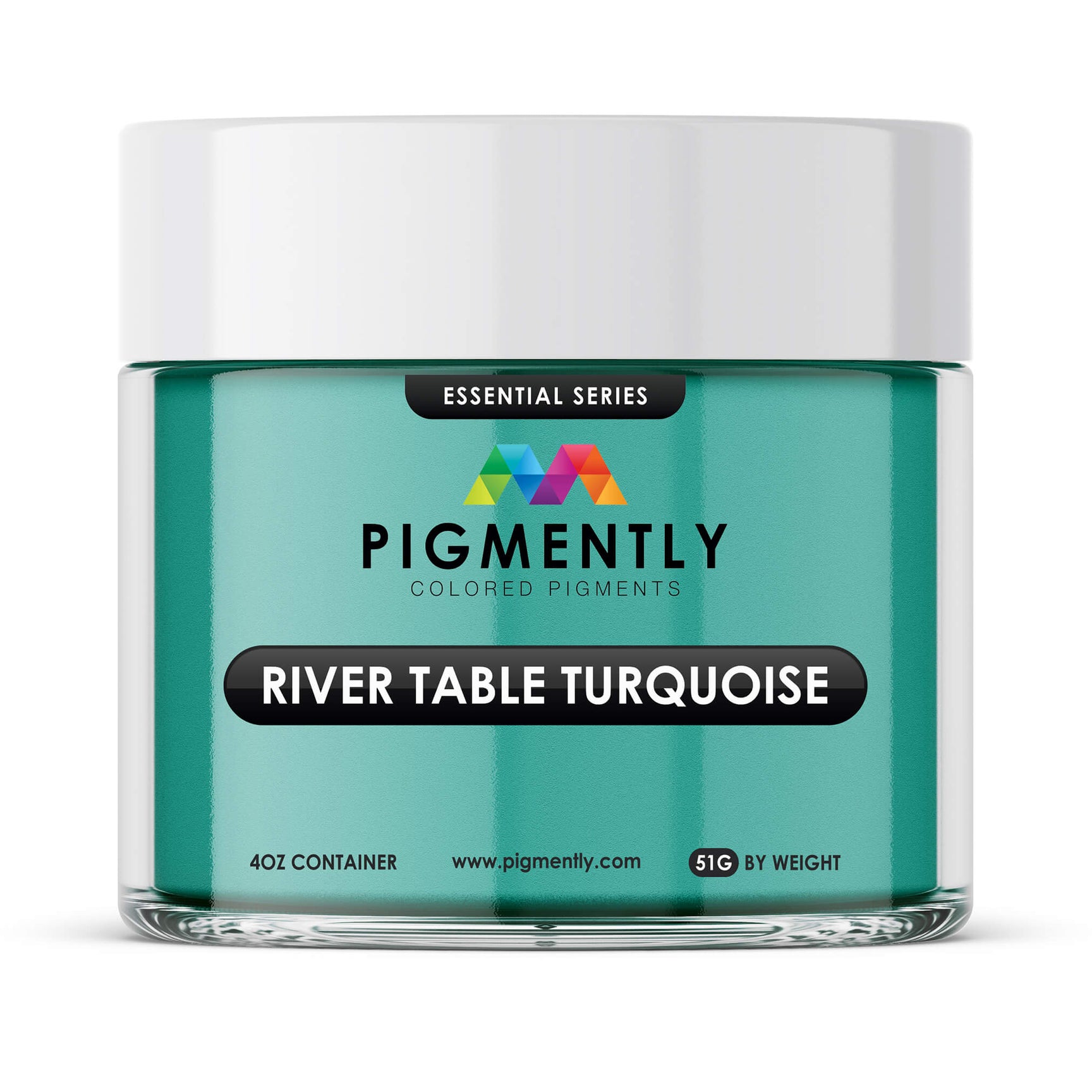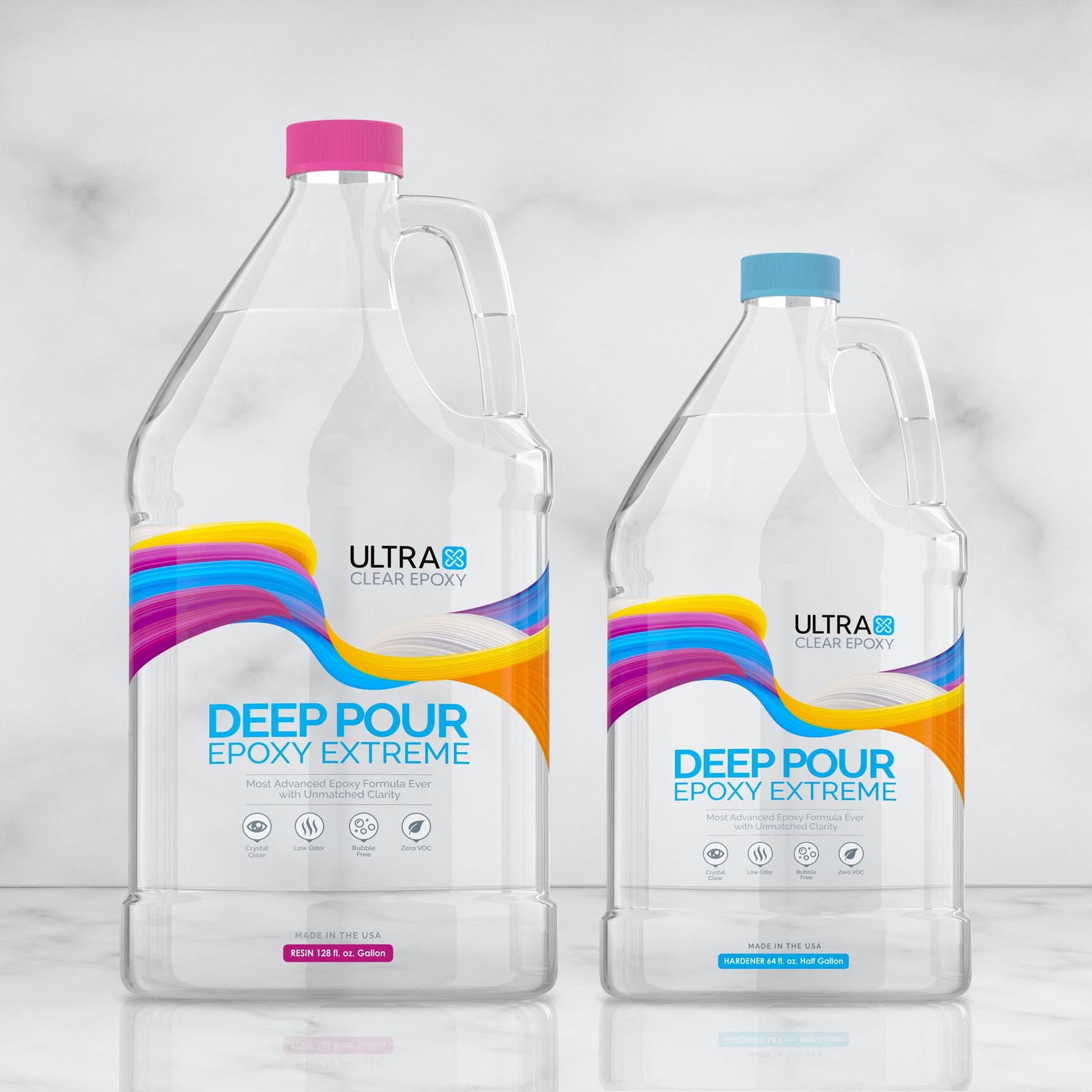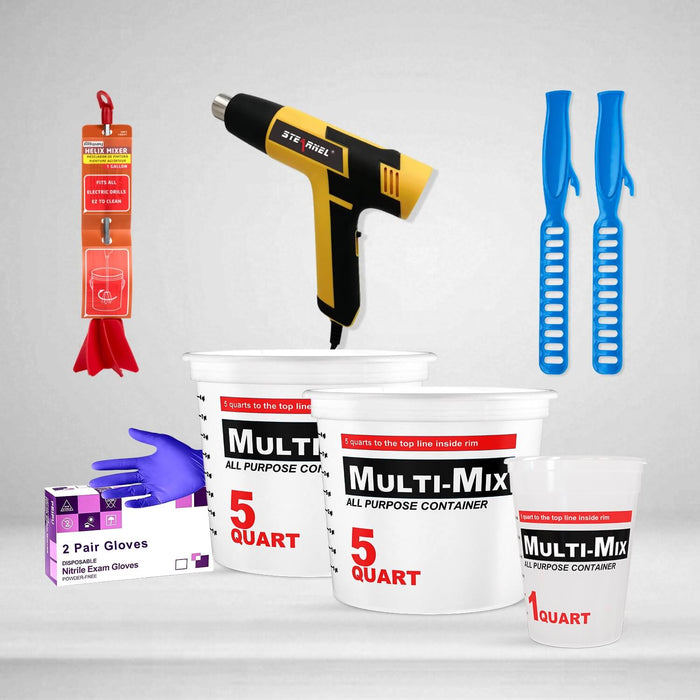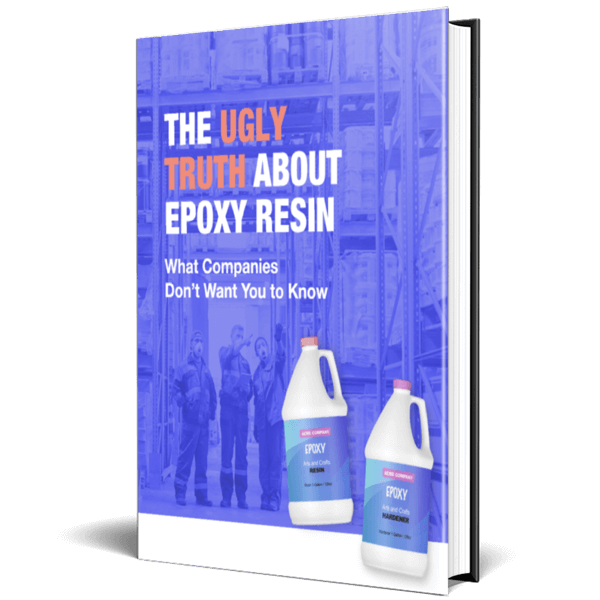When it comes to interior design, the bar top is undoubtedly one of the most iconic decor elements. These aesthetically pleasing fixtures are a place of comfort, respite, and social interaction—a significant part of why many business and home owners incorporate them into their decor, whether as a luxurious domestic house feature or as a commercial business cornerstone.
So, if you're planning to have a bar top constructed—or a related project such as a countertop—one factor worth considering is the durability of the materials used.
In this article, we'll discuss some of the most common bar top materials—their strengths, their weaknesses, as well as how epoxy resin can shore up nearly all of them to provide you with a pristine, rock-solid surface that will last you for many years.
Common bar top materials
Bar tops come in a wide array of different shapes and sizes, with a variety of uses.
For some, a bar top can be a laid-back location to unwind after work or a place to relax with some friends on a day off. For others, it's a high-traffic destination where you can meet new people, in a place which services hundreds a week with beverages, food, and a refreshing environment.
The materials you choose for your bar tops will heavily influence the atmosphere of the room in which they're situated, so let's take a look at some of the most common—for good reason—material options for bar top furnishings.
Here's a list of common materials used for bar tops, listed roughly in order of durability:
- Epoxy resin—(typically on a substrate material, such as concrete, wood, marble, or quartz)
- Quartz—(not Quartzite, which is different)
- Quartzite
- Granite
- Concrete
- Marble
- Wood—(various types, such as teak, oak, etc.)
- Plywood—(always with heavy-duty sealants)
Each of these materials varies in durability, scratch resistance, and maintenance requirements, etc. Thus, there's no fully right or wrong answer, generally speaking.
What is the most durable type of bar top?
Without a doubt, the strongest practical materials for a bar top are epoxy resin and quartz, with quartzite coming in third.
Disregarding all other factors, an epoxy resin or quartz bar top will be able to withstand more force and pressure than the rest of the materials on this list.
However, that should never be your sole concern when choosing a bar top material. In fact, it likely shouldn't be your top concern, as many of these materials are more than sufficient for use as a high-traffic fixture like a bar top.
Other factors to consider
When taking into account other variables that affect durability, this question of most durable type of bar top becomes much trickier to answer than it may have initially seemed.
For instance, a material might be scratch-resistant, but fare poorly with moisture, sudden heavy impact (as opposed to a gradual buildup of force—e.g., the weight of items resting on a bar top), or exposure to strong cleaning chemicals.
There are many factors that can lead to one material weakening when another would stay strong. Environmental conditions like humidity, UV-ray exposure, and temperature each play a part.
Similarly, cleaning chemicals and spills can seep into some materials, weakening them in various ways. A material might be durable to impact, but be highly porous and receptive to staining, bacteria, and other residuals which can cause issues like rot or decay over time—not to mention potential safety risks if not adequately sanitized.
Thankfully, most of these issues can be resolved by applying an appropriate finish—such as bar top epoxy.
Bar top epoxy: The ideal bar top finish for enhanced durability.
For the ultimate in bar top durability, an epoxy resin finish is what you need. Even on high-tier materials such as quartz, bar top epoxy is able to cover for various weaknesses, while further strengthening the impact and stress resistance of the underlying material.
With a premium bar top epoxy resin finish, you get the following additional features:
- Unmatched durability
- Waterproofing (for a stain-free exterior that's easy to clean)
- An extensive, low-maintenance lifespan
- A crystal-clear finish with a high-gloss, glasslike appearance
- One-time easy application
Let's examine these in more detail.
Epoxy Resin Feature #1: Unmatched durability
A good epoxy resin can be one of the most durable materials available for interior decor projects. Epoxy resin itself is lightweight with a rock-solid bond that is nearly impervious to damage.
Our UltraClear Bar Top Epoxy was tested under the Shore Type-D Hardness Scale, and scored a remarkable 98 out of a maximum of 100. Though converting ratings of one hardness scale to another is complicated, this is arguably even stronger than the hardness rating of quartz at its peak, which came in at a close second on our durability list.
Epoxy Resin Feature #2: Waterproofing
In addition to providing unmatched strength, epoxy resin also gives any bar top substrate a waterproof seal.
This means that the tight-knit bond it forms while curing will reject staining and liquid absorption, making it ideal for a bar top where beverages are passed around and spills are bound to happen at some point.
Moreover, an epoxy bar top is exceptionally easy to clean, often requiring just warm water and mild soap.
Epoxy Resin Feature #3: An extensive, low-maintenance lifespan
Epoxy resin isn't just durable—it's also long lasting.
A coating of premium epoxy resin with last for a minimum of 7 years. Beyond that, it's easy to refresh at any time with a light sanding and the pouring of a fresh flood coat, making it look good as new.
Epoxy Resin Feature #4: A crystal-clear finish
High-quality epoxy resin will cure to a crystal-clear, glasslike finish.
This means you get the benefits of epoxy resin's incredible strength, with the transparent, aesthetically-pleasing qualities usually limited to less durable materials such as glass.
Epoxy Resin Feature #5: An easy, one-time application
Unlike most sealants, which require regular reapplication, with bar top epoxy, you need only a single, one-time application. Most bar top epoxy finishes are completed in just a few phases:
- The seal coat phase - Where epoxy is manually brushed on to seal any pores, thus preventing air bubble formation.
- The flood coat phase - Where the full epoxy finish is poured onto the substrate surface, then allowed to cure.
- Air bubble removal phase - A brief step just after pouring to remove air bubbles that may have appeared.
- The curing phase - A hand-off phase where the epoxy is given time to fully cure.
Four phases—that's it. And epoxy is easy to apply to almost any bar top material, with high compatibility for an unfaltering bond.
Have questions? Want advice? Contact us!
If you have any questions about the durability of materials used for bar top construction, or if you'd like assistance in planning an epoxy bar top project, please reach out to us at UltraClear Epoxy—our epoxy experts are ready to assist!
You can contact us via phone or email here. During business hours, you can also text chat online with one of our resin specialists by clicking the Help button at the bottom of your screen.
In our online store, you'll find a variety of useful tools and supplies, ideal for resin projects, plus our award-winning UltraClear Bar & Table Top Epoxy and our UltraClear Deep Pour Epoxy.





